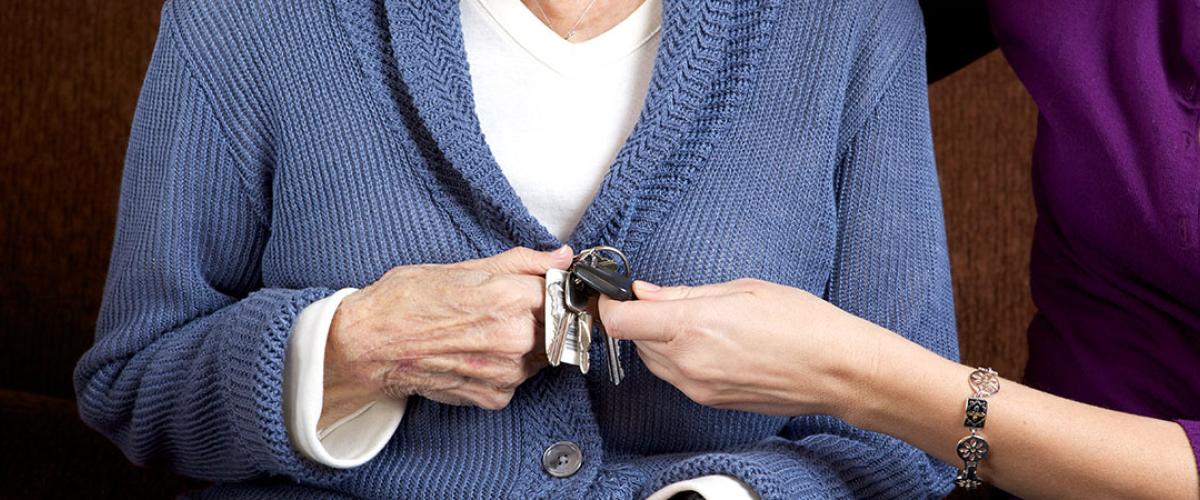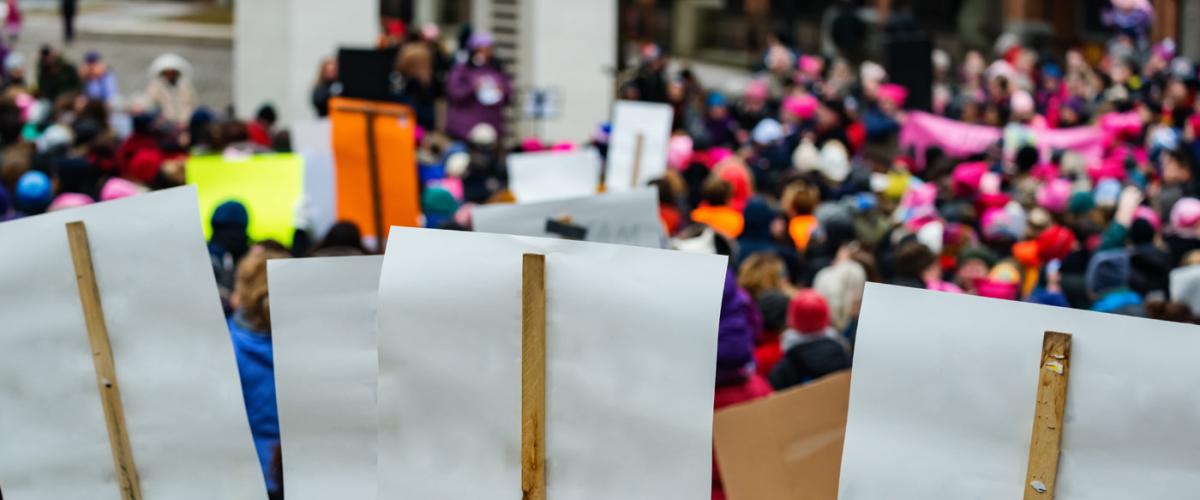At CWRU, students have an opportunity to publish articles in three Law Journals: Case Western Reserve Law Review, Case Western Reserve Journal of International Law and Health Matrix. In addition, faculty work with students to help them place their seminar papers and independent study scholarship in journals outside the law school.
A few lucky students are published outside the school every year; 3L Justin Hill has had not just one, but two of his seminar papers accepted for publication in prestigious outside journals this spring.
The first, “The Overlooked Tragedy of the Pandemic: How Media Coverage of the COVID-19 Pandemic has Led to an Increase in Anti-Asian Bias and Xenophobia,” will be published in Volume 25 of UCLA's Asian Pacific American Law Journal this summer. The paper, which was written for Professor Bryan Adamson’s First Amendment course, explains how the protections of the First Amendment have enabled the media to put forth stigmatizing, and often inaccurate, representations regarding the origin of the COVID-19 pandemic. The article provides a content analysis that shows how the initial presence of stigmatizing language in the media instantaneously resulted in an exponential increase in similar language on social media and in online news articles. It goes on to demonstrate how this nationwide increase in stigmatizing language directly resulted in a rise in bias and violence toward Asian Americans and even damaged U.S.-China relations and concludes by offering solutions to combat the stigmatization of COVID-19 and reduce instances of violence and discrimination toward that community.
The second article, “The Badges and Incidents of Criminality,” will be published this summer in Volume 5 of UCLA's Criminal Justice Law Review. The paper, which was written as an independent study under the supervision of Professor Ayesha Hardaway, analyzes U.S. Supreme Court jurisprudence that has construed Section 2 of the Thirteenth Amendment, also known as the Enabling Clause, as not only abolishing slavery but also empowering Congress to eradicate all badges and incidents of slavery. It compares the numerous collateral consequences that follow criminal convictions (such as loss of voting rights, ineligibility for public housing and benefits and ineligibility for most jobs) to those restrictions imposed on slaves during the institution of slavery and demonstrates that these collateral consequences are some of the same "badges and incidents of slavery" that Congress was enabled to eradicate under the Thirteenth Amendment. The article urges Congress to eliminate all collateral consequences that follow criminal convictions and puts forth a three-part analysis to aid legislators in identifying modern badges and incidents of slavery.





